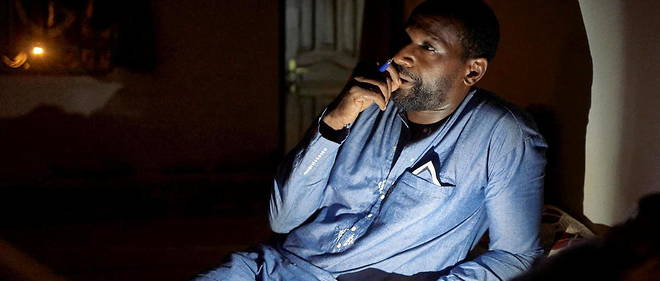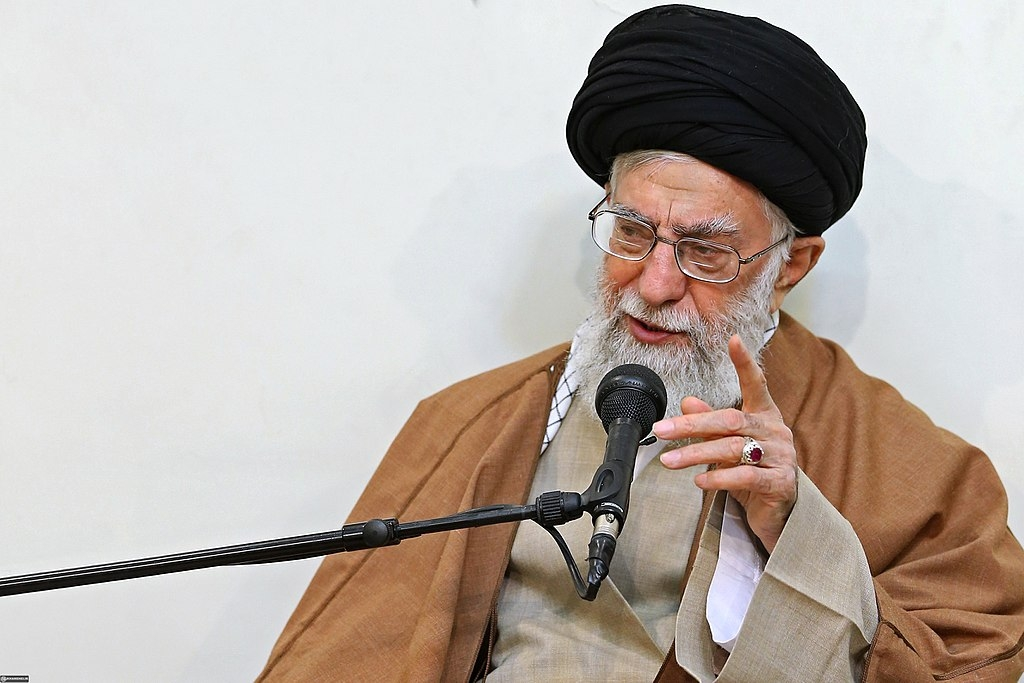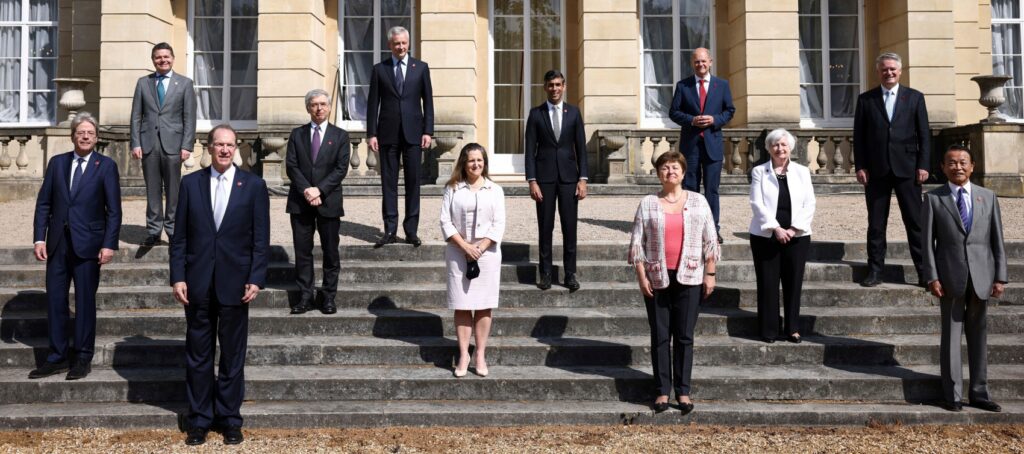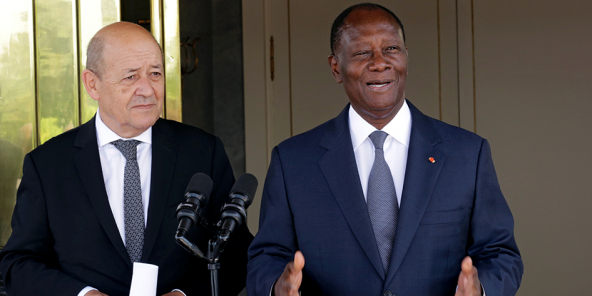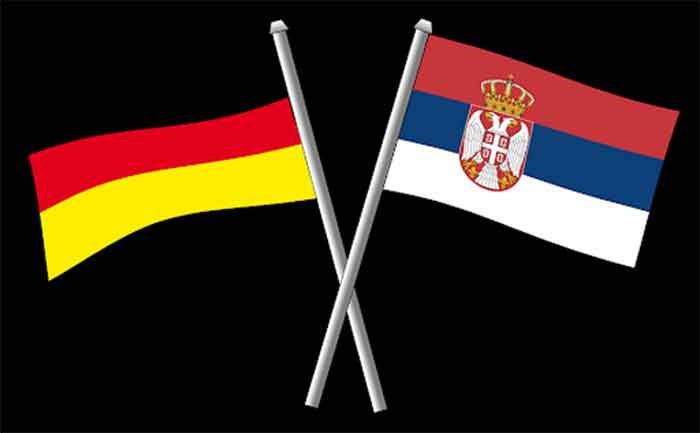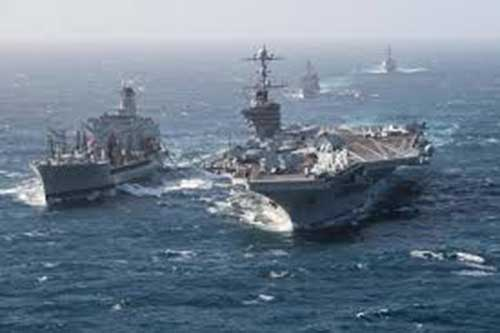America’s ‘Return’ Might Not Be Enough to Revive the West
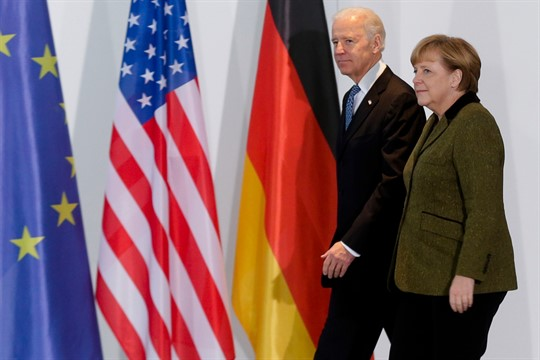
The United States is “back,” proclaims U.S. President Joe Biden, seemingly as often as he can. The coming week will show if the same is true of the West. At successive summits of the G-7, NATO and the European Union, Biden and fellow leaders will confront a dual task: reviving the community of advanced market democracies and showing that the West is capable of resolving today’s complex transnational challenges.

